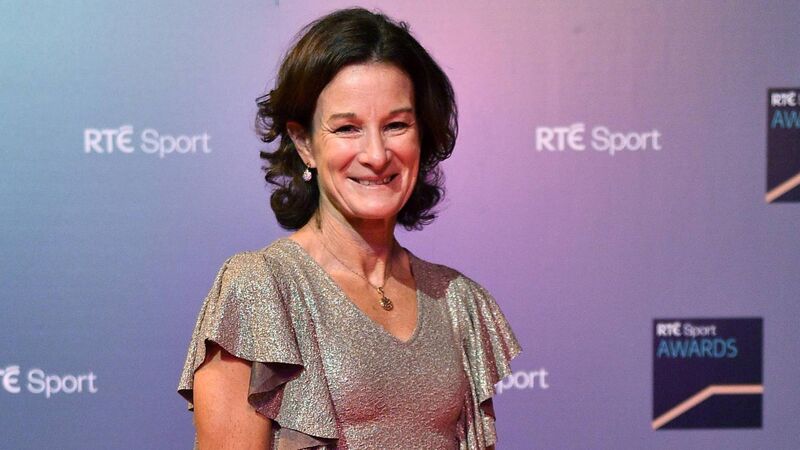Sonia O'Sullivan picks her favourite books, sports documentaries and commentators

Sonia O'Sullivan. Picture: Brendan Moran/Sportsfile
Sonia O’Sullivan, 51, grew up in Cobh, Co Cork. She is a former world champion, Olympic medallist and one of Ireland’s greatest athletes. She currently lives in Melbourne, Australia, working as an athletics consultant and broadcaster.




